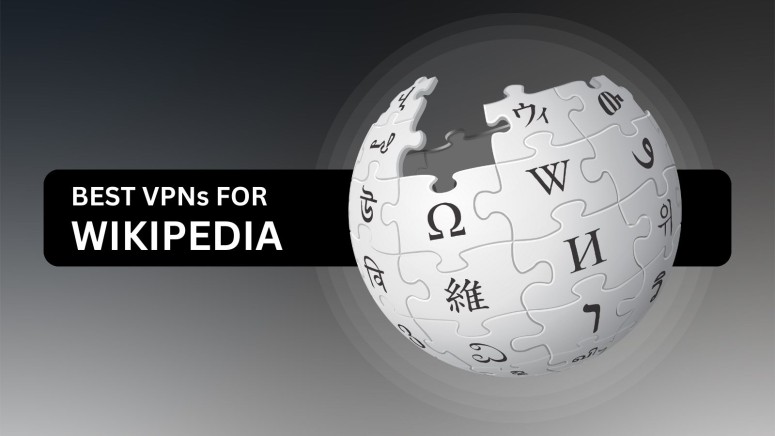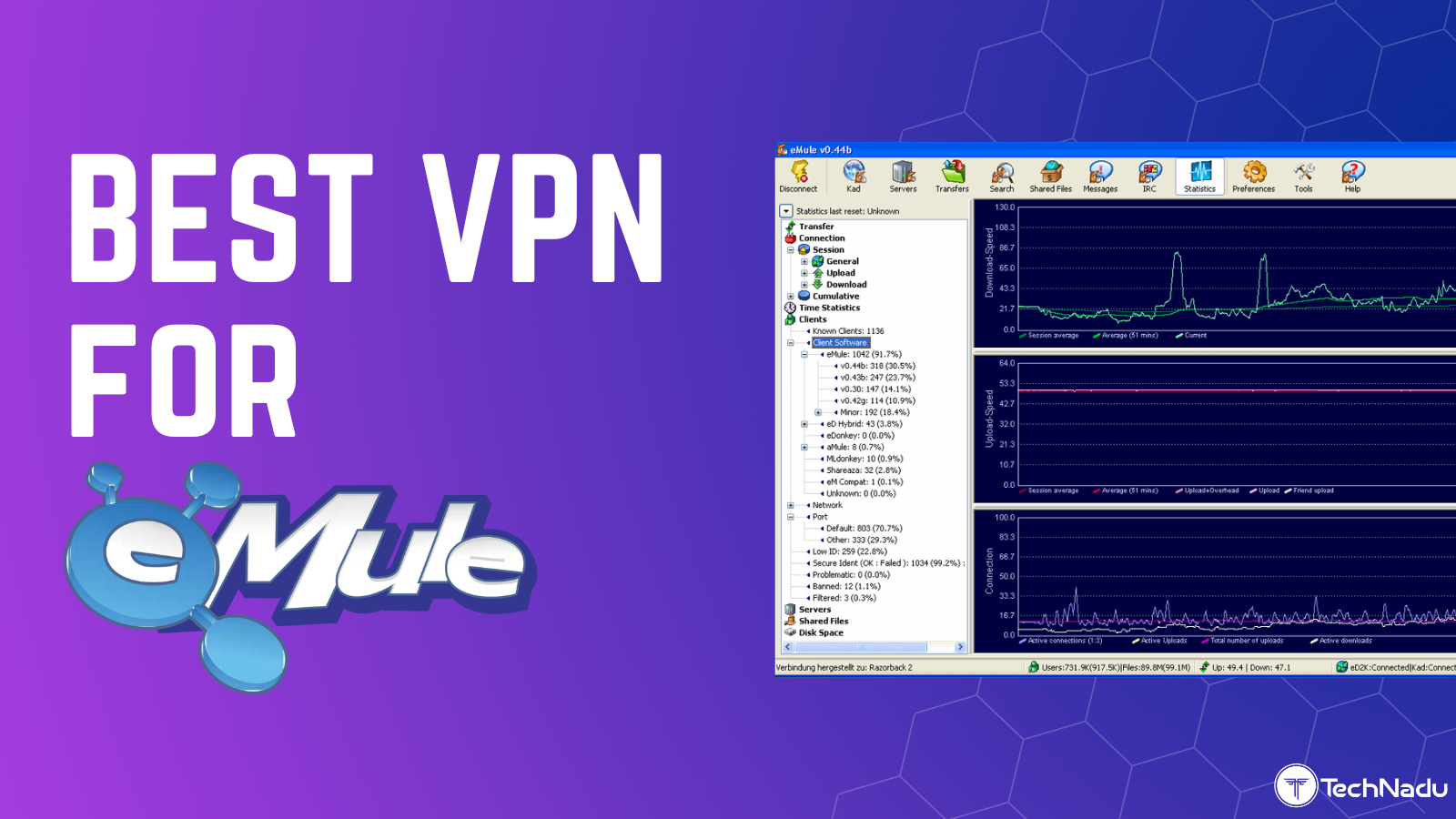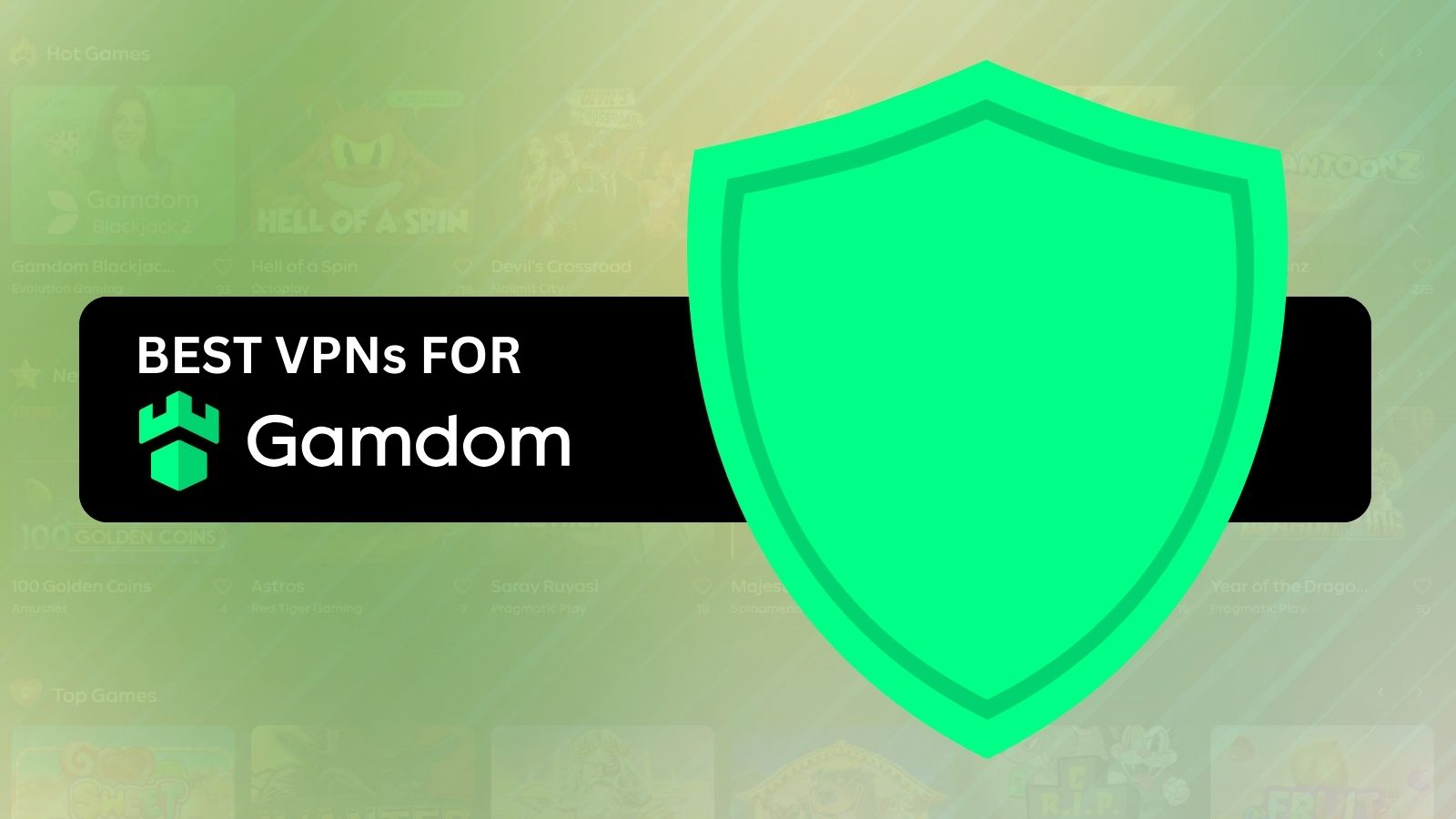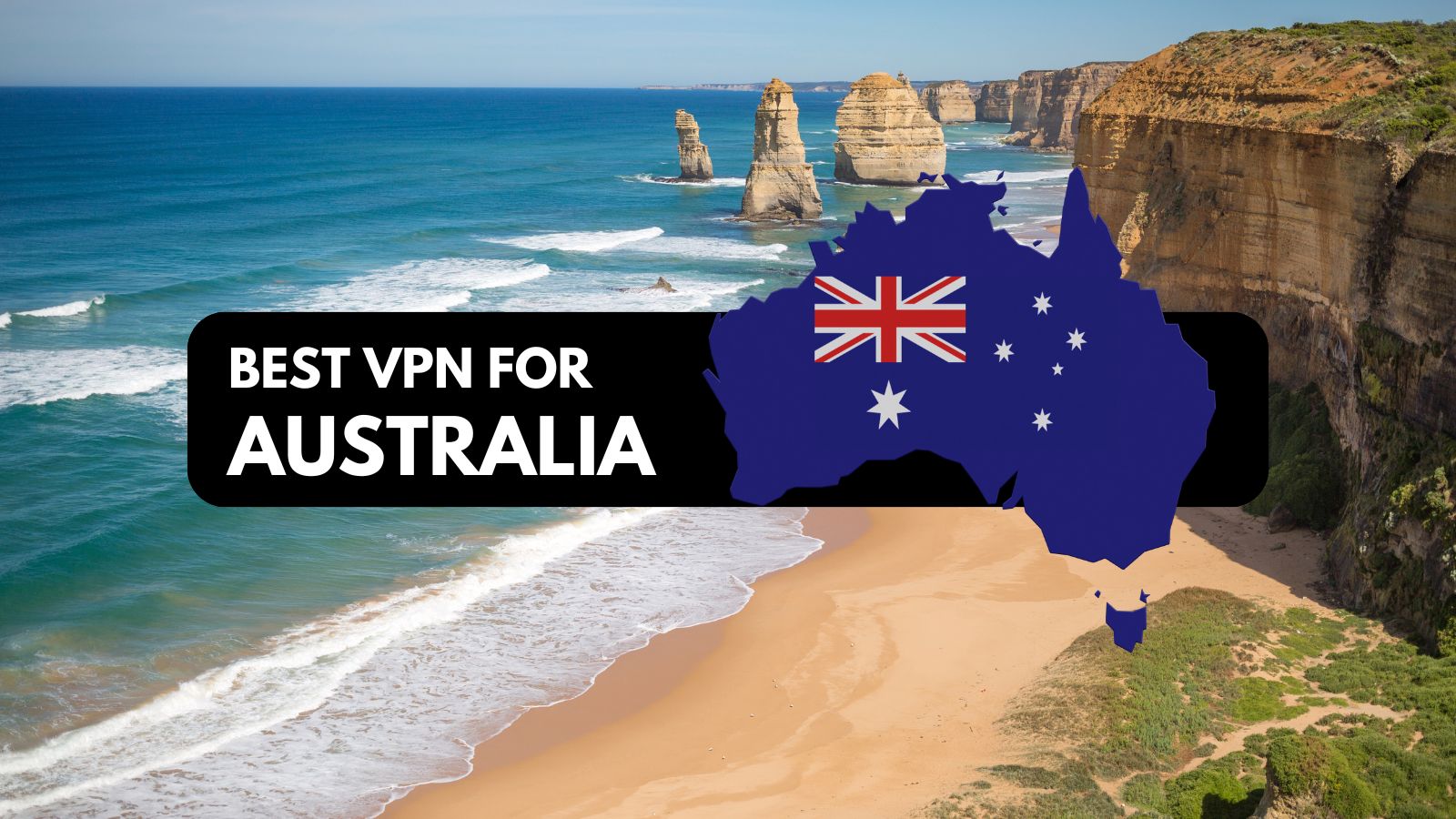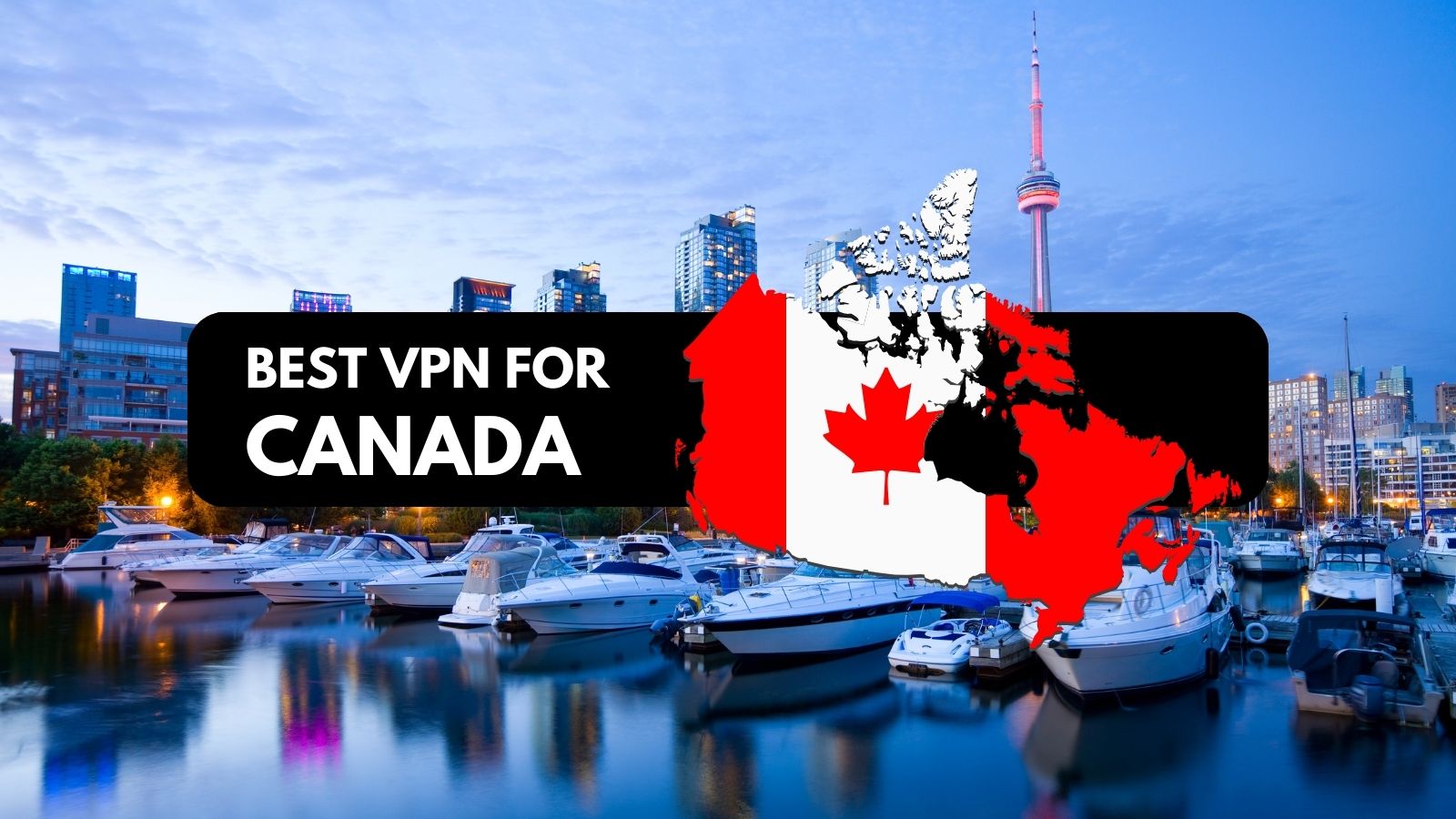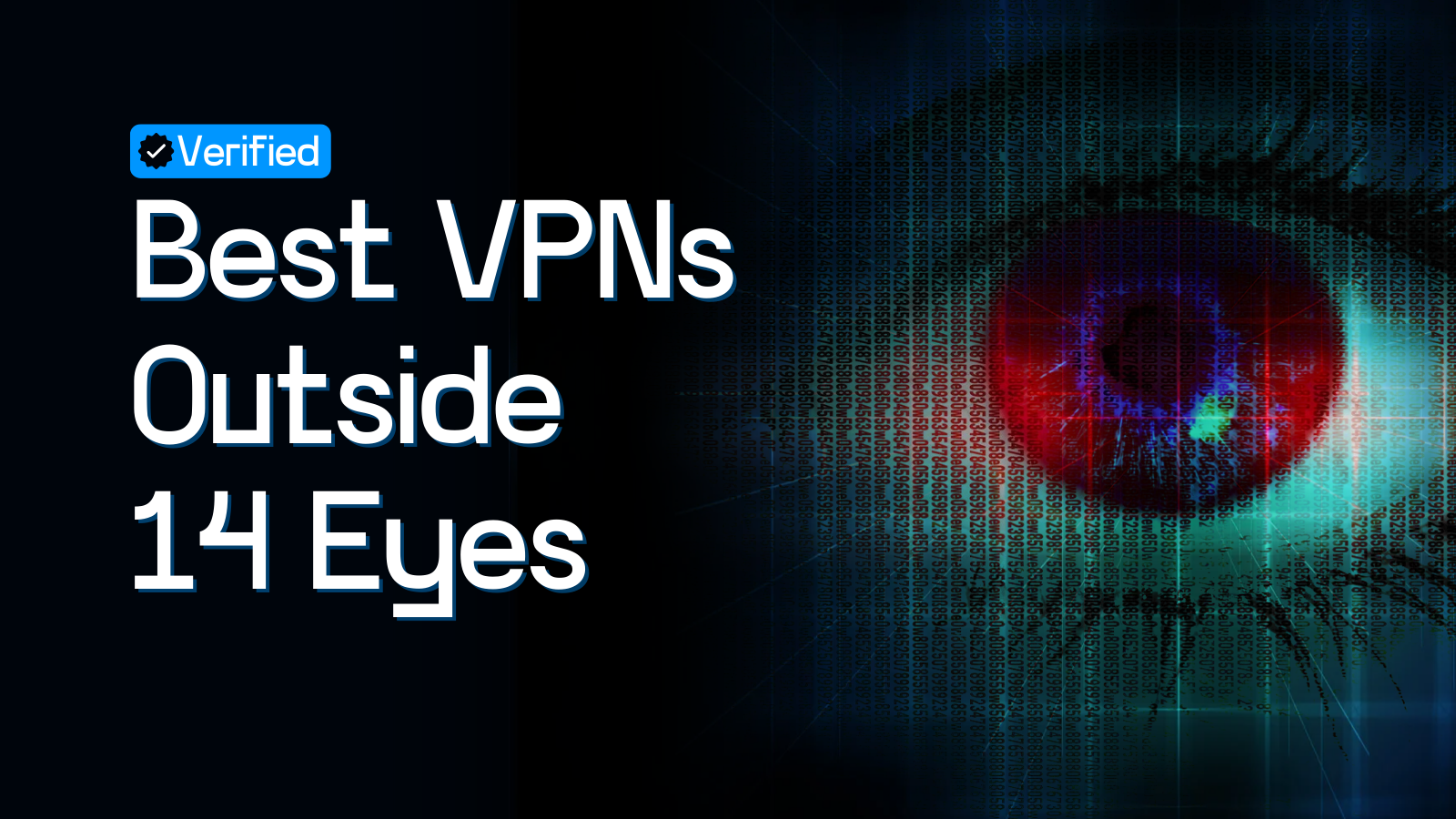When you purchase through links on our site, we may earn an affiliate commission. Here’s how it works.
5 Best VPNs to Unblock Wikipedia from Anywhere in 2025
Our experts have reviewed 53 VPN providers, which were put through extensive rounds of testing. To learn more about that process, here’s how we review VPNs, where we explain our criteria and our policy of being fully transparent.
Wikipedia is the largest and most-read encyclopedia in the history of mankind. Unfortunately, countries like China have entirely banned it in all languages, while others like Russia and Saudi Arabia have imposed partial bans, blocking it in particular languages. Some users might also find their IP address blocked by Wikipedia if they violate their policies.
In addition, some people simply want to keep their Wikipedia research data private. The best VPN for Wikipedia can solve all these issues easily. A VPN can unblock Wikipedia and bypass IP bans to access the platform from anywhere. Plus, VPN security allows you to browse Wikipedia with enhanced privacy.
This article shares the 5 best Wikipedia VPN options and the criteria that we used for shortlisting them. We also teach you how to unblock Wikipedia with a VPN, why it’s helpful to use a VPN, how to choose a provider that’s the right fit for you, and much more.
Best Wikipedia VPNs - Our Shortlist
- NordVPN – Our #1-Rated Best VPN for Wikipedia
- Surfshark – Best Wikipedia VPN with Strong Security Features
- ExpressVPN – Very Fast and User-Friendly VPN
- CyberGhost VPN – Reliable VPN with Extra-Wide Server Network
- Private Internet Access – Customizable VPN for Accessing Wikipedia
How to Unblock Wikipedia with a VPN
To unblock Wikipedia with a VPN, you will first need to find one that can reliably replace your IP address with a new one from your required location. After that, install it on your device and connect to any of its servers where Wikipedia is available. You can follow these simplified steps:
- Sign up for a VPN that works with Wikipedia (we recommend NordVPN).
- Download and install the VPN for Wikipedia on your device.
- Launch the VPN app and log in.
- Connect to a server in a country where Wikipedia is available.
- That’s it! Now, you can use Wikipedia without any restrictions.
The Best VPNs for Wikipedia
Our team created specific criteria for choosing the most popular VPN providers, and you can consult them to select the best VPN for Wikipedia. Look for a VPN that can reliably unblock Wikipedia where it’s restricted. It should have an extensive server network in multiple countries, including the US, Japan, and the UK, where Wikipedia is the most popular.
Fast speeds and stable performance are also important. Plus, it must protect your online data with features like a no-logs policy, encryption, a kill switch, and multiple VPN protocols. Opt for a VPN with obfuscation to bypass restrictive firewalls and split tunneling to optimize VPN bandwidth usage. Make sure it allows multiple simultaneous connections, too.
In addition, choose a VPN that can support different devices like computers, smartphones, and more. Your VPN should also offer 24/7 customer support to help you anytime you require technical assistance. Lastly, your selected VPN for Wikipedia must have a trustworthy money-back guarantee to test it without any financial risk.
Based on the above criteria, here are the 5 best Wikipedia VPNs we shortlisted:
1. NordVPN – Our #1-Rated Best VPN for Wikipedia
NordVPN is the best VPN for Wikipedia, with a server network of 5,800+ reliable servers in 60 countries. It includes 1970+ servers in the US, 130+ in Japan, and 440+ in the UK. Connecting to any of these servers will assign you an IP address from the server’s country, allowing you to unblock Wikipedia from anywhere.
This VPN has high speeds and dependable performance. NordVPN protects your online data with military-grade encryption and an automatic kill switch. You can choose from 3 VPN protocols: IKEv2, OpenVPN, or Nordlynx, a self-developed Wireguard alternative for increased speeds and greater connection stability. It also follows a strict no-logs policy.
In addition, you get obfuscated servers to access Wikipedia on restrictive networks. Its split tunneling feature allows you to encrypt your Wikipedia traffic while continuing to use your real IP address for other online activities. Plus, NordVPN can block malware domains, harmful trackers, and intrusive ads with its Threat Protection feature.
NordVPN can protect 6 devices simultaneously and supports all your devices like computers, tablets, mobiles, routers, and more. Lastly, it offers 24/7 customer support with a highly responsive bot feature to assist you until an agent is assigned to you. You can also test it for 30 days without any financial risk with its solid money-back guarantee.
PROS
- Easily access Wikipedia from anywhere
- Extensive server network
- Nordlynx VPN protocol
- Obfuscation and Threat Protection
- 30-day money-back guarantee
CONS
- Limited simultaneous connections
2. Surfshark – Best Wikipedia VPN with Strong Security Features
Surfshark is a stellar Wikipedia VPN because it has a wide network of 3,200 servers in 100 countries, including 600+ servers in the US, 62 in Japan, and 212 in the UK. These servers can access Wikipedia if it’s restricted in your region or if the platform has banned your user account or IP.
It has very fast speeds and allows you to choose from WireGuard, OpenVPN, and IKEv2 protocols for consistent performance overall. Its military-grade encryption, kill switch, and no-logs policy safeguard your online data security and privacy. Plus, Surfshark’s Cleanweb feature can block malware, ads, phishing attempts, and dangerous adware.
In addition, Surfshark offers automatic obfuscation to tackle restrictive networks or firewalls with its Camouflage Mode. It also offers a split tunneling feature called Bypasser, which allows you to designate which apps use VPN encryption. This can be particularly useful if you want to use your regular Internet for other online activities and get Wikipedia unblocked simultaneously.
Surfshark is one of the best VPNs for large households, as it allows you to connect unlimited devices simultaneously. You can protect all your devices like computers, tablets, smartphones, routers, and more with it. It even offers 24/7 customer support and a 30-day money-back guarantee to test it risk free.
PROS
- Bypasses Wikipedia bans easily
- Blazing-fast speeds
- WireGuard protocol available
- Unlimited simultaneous connections
- 30-day refund period
CONS
- Slow connecting speeds sometimes
3. ExpressVPN – Very Fast and User-Friendly VPN
ExpressVPN has recently expanded its network of 3,000+ servers in 105 countries as opposed to just 92 countries previously. It offers 24 server locations in the US, 5 in the UK, and 3 in Japan to access Wikipedia in regions where it is blocked and bypass IP bans. Plus, it is the fastest VPN on our list and delivers reliable overall performance.
Like NordVPN, this VPN also offers a proprietary protocol called Lightway in addition to traditional OpenVPN, L2TP/IPsec, and IKEv2 protocols. Lightway delivered the best speeds and most stable connections in all our tests. Moreover, ExpressVPN can safeguard your data with military-grade encryption and an automatic kill switch called Network Lock.
On top of that, it adheres to a strict no-logs policy. You can even use ExpressVPN on networks with VPN-blocking firewalls (like the ones at offices or schools) because of its automatic obfuscation. It also has split tunneling and its Threat Manager to block malware, trackers, and ads.
In addition, ExpressVPN is very easy to use and supports all popular devices like mobiles, computers, routers, smart TVs and more. You can connect up to 8 of your devices simultaneously. Lastly, it offers a 30-day money-back guarantee and responsive 24/7 customer support.
PROS
- Reliably accesses Wikipedia
- Threat Manager
- Fastest Speeds on our list
- Automatic obfuscation
- 30-day money-back policy
CONS
- Slightly expensive
4. CyberGhost VPN – Reliable VPN with Extra-Wide Server Network
CyberGhost has 10,000+ servers in 100+ countries, including 1,276 US servers, 784 UK servers, and 109 servers in Japan. These servers can easily access Wikipedia from where it's blocked and bypass any IP or user account bans. Plus, its server network includes extra-private NoSpy servers and dedicated servers for torrenting, streaming, and gaming.
This provider has medium-fast speeds, which can drop a bit on long-distance connections. However, CyberGhost has stable overall performance and protects you with military-grade AES 256-bit encryption, a kill switch, and a no-logs policy. Plus, it offers OpenVPN, Wireguard, and IKEv2/IPsec protocols for secure and efficient data transmission.
Although it does not support obfuscation, CyberGhost offers split tunneling and a Content Block feature. You can also use its presets called Smart Rules to do things like enable automatic Wi-Fi protection on unsecured networks. These rules also allow you to configure the VPN to connect to a particular server whenever you open your browser to access Wikipedia.
CyberGhost allows 7 simultaneous device connections to protect devices like computers, mobile phones, tablets, and more. Plus, it has 24/7 customer support and offers the longest money-back guarantee by any VPN service, allowing you to test it risk free for 45 days.
PROS
- NoSpy servers for extra privacy
- Works seamlessly for unblocking Wikipedia
- Smart Rules for automation
- 7 simultaneous connections
- 45-day refund guarantee
CONS
- No obfuscation available
5. Private Internet Access – Customizable VPN for Accessing Wikipedia
Private Internet Access (PIA) has the largest server network, with thousands of servers in 91 countries. This includes servers in all 50 US states, 3 server locations in the UK, and multiple servers in Japan. It can unblock Wikipedia in restricted regions and bypass platform-enforced bans from anywhere.
PIA has consistent performance with customizable features like 2 encryption levels and a kill switch with “primary” and “advanced” modes. You can also change its port and transport type settings. Although it has average speeds, you won’t notice too much of a speed drop while browsing Wikipedia. Moreover, it follows a strict no-logs policy to safeguard your privacy.
This provider employs OpenVPN, Wireguard, and IKEv2/IPsec protocols, and its MACE feature can block pop-up ads, malware, and trackers. PIA even offers a Multi-hop mode to obfuscate your online data with the Shadowsocks proxy. Plus, it has a split tunneling feature that allows you to encrypt selective online traffic.
Like Surfshark, PIA also offers unlimited simultaneous connections, so you can connect different devices like smartphones, computers, tablets, routers, smart TVs, and more. Lastly, you can test the VPN thanks to its 30-day money-back guarantee and contact its 24/7 customer support if you face any issues.
PROS
- Largest server network
- Obfuscation via Shadowsocks proxy
- Unblocks Wikipedia without issues
- Allows unlimited simultaneous connections
- 30-day money-back period
CONS
- Average speeds only
Why Do You Need a VPN for Wikipedia?
You need a VPN for Wikipedia to access it from regions where it is restricted, bypass IP bans, and protect your online data from hackers. The following are some of the major reasons why you need a VPN:
- Access Wikipedia in Restricted Regions – VPNs allow you to unblock Wikipedia from regions where it is partially censored or completely blocked.
- Bypass IP Blocks on Wikipedia – A VPN masks your actual IP address with a new one, allowing you to bypass IP bans and regain access to the online encyclopedia.
- Hide Your Browsing Activity – Governments, hackers, or ISPs can snoop on your online data if proper security measures are not taken. A VPN encrypts your online traffic, hiding it from all prying eyes.
- Mask Your IP Address – Your IP address can reveal your real location to dangerous third parties like hackers. A VPN can hide your actual IP by masking it with a new one to protect you from online threats.
- Avoid Bandwidth Throttling – Your ISP can deliberately slow down your speeds if you consume too much bandwidth. A VPN hides your data usage and allows you to bypass throttling.
- Connect Safely on Public Wi-Fi – Using unsecured Wi-Fi networks like public Wi-Fi can be a breeding ground for hackers who use specialized tools to hack your sensitive information. VPNs allow you to connect and use such networks safely.
- Unblock Geo-Restricted Services – Global websites and streaming platforms partially restrict your content based on location. This is because of certain licensing and distribution agreements. However, a VPN can easily bypass geo-restrictions and unblock all regional content.
How to Choose the Best Wikipedia VPN?
To choose the best Wikipedia VPN, you need to consider a few requirements, such as its ability to access the platform from anywhere, as well as its security and privacy features. Here are all the major points you need to look at while choosing the best VPN for Wikipedia:
- Ability to Unblock Wikipedia and Bypass IP Blocks – Opt for a VPN that is strong enough to access Wikipedia in regions where it is restricted and bypass IP bans imposed on users by the encyclopedia itself.
- Server Network Size – A large server network allows VPNs to access global content otherwise unavailable in your region. So, make sure your VPN has servers in multiple countries where Wikipedia is fully available.
- No-Logs Policy – Choose a VPN with a strict no-logs policy to safeguard your online privacy.
- VPN Protocols and Encryption – Ensure the VPN you select offers military-grade encryption and multiple VPN protocols to improve your data safety.
- Obfuscated Servers – Obfuscation allows VPNs to work in regions with strict internet censorship. It can also bypass firewalls at schools or workplaces.
- Kill Switch and Split Tunneling – Go for a VPN with advanced features like a kill switch for increased data security and split tunneling so you can encrypt selective online traffic only.
- Performance and Speed – All VPNs diminish your baseline speed somewhat, but a good VPN will deliver reliable overall performance by only slowing your speeds slightly.
- Simultaneous Connections and Supported Devices – You should be able to use a VPN on any and all your devices, so select a VPN that allows multiple simultaneous connections and supports all popular devices like computers, mobiles, routers, and more.
- Money-Back Guarantee – Money-back policies allow users to test VPNs without any financial risk, so make sure your VPN has one.
- Customer Support – Always opt for VPNs with 24/7 customer support so that you can get technical help anytime you need it.
Final Thoughts
Wikipedia is the world’s most-searched encyclopedia, but some countries have partially banned it in particular languages, while others, like China, have banned all its content in all languages. Plus, Wikipedia itself can sometimes blacklist IP addresses tied to accounts used to violate its policies. However, you can solve all these issues by using a Wikipedia VPN.
We recommend NordVPN as the best VPN for Wikipedia because of its extensive server network and excellent performance overall. It can reliably unblock Wikipedia from anywhere and easily bypass IP bans imposed by the platform. Moreover, it has industry-leading security features, so you’ll never have to worry about your privacy.
That concludes our guide on selecting the best VPN for Wikipedia. If you have any inquiries or comments, feel free to share them in the comment section below. Thank you for reading!

